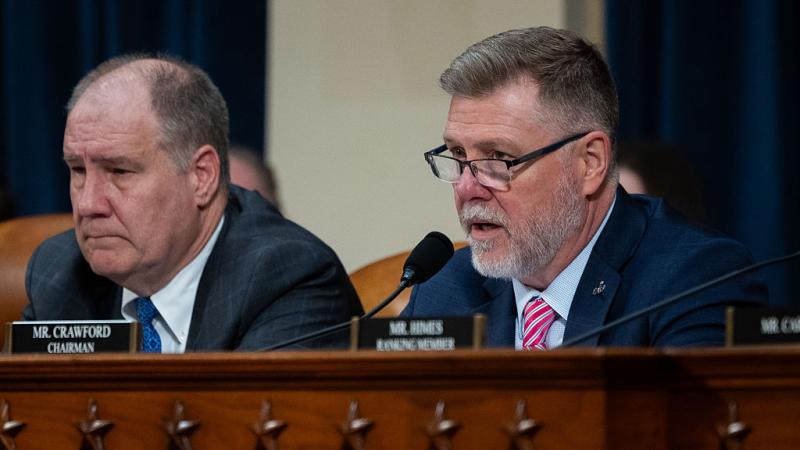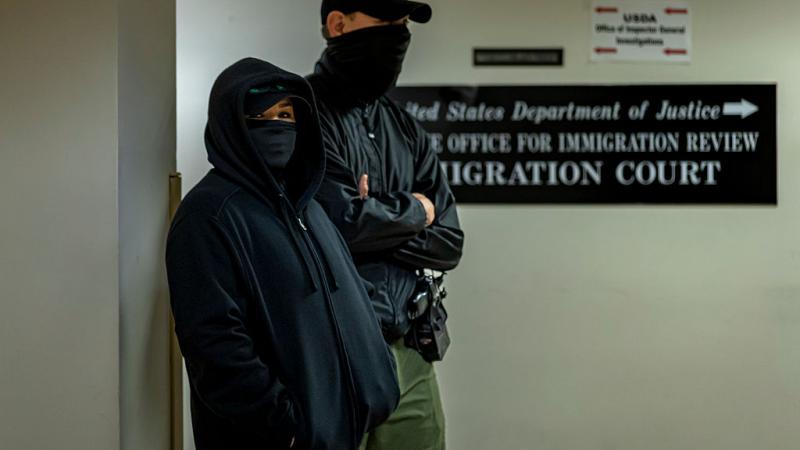FDA to publish study on potential adverse COVID vaccine events in elderly: report
When federal officials first identified the potential adverse events they said it could be because the vaccine was "given to many high-risk individuals."
Researchers at the U.S. Food and Drug Administration are reportedly planning on publishing a study on four potential adverse effects in elderly people who received the Pfizer/BioNTech COVID-19 vaccine.
"The medical record review and statistical analyses have recently been completed, and the overall study results are currently under internal review at FDA," an agency spokesperson told The Epoch Times via email on Friday. "Release of the study findings is expected later this fall."
The FDA in 2021 identified four potential adverse events – blood clots in lungs, low blood platelet levels, insufficient oxygen to the heart and disseminated intravascular coagulation – after analyzing Medicare insurance plan claims.
"These four events may not be true safety concerns, and the screening method cannot establish that the vaccine caused these [adverse events of interest]. FDA is sharing the initial findings of this safety study in the spirit of transparency but does not believe there is a cause for concern. There are alternative explanations for the findings, including the fact that the Pfizer/BioNTech vaccine was given to many high-risk individuals who were older and had significant co-morbidities," the agency said at the time.
The issue of COVID-19 vaccines has been hotly contested. But federal and state health officials say vaccines and boosters can keep most patients from getting the most serious cases of COVID-19 leading to hospitalization and death. They also acknowledge the vaccine protections wane over time and do allow for breakthrough infections in many Americans.
Federal officials also acknowledge the COVID-19 vaccines have generated a larger than usual number of adverse reaction reports, including suspected deaths and some heart inflammation. Federal officials say those concerns aside, they believe serious vaccine reactions are still fairly rare and in most cases their protections outweigh the risks.
















